Dear reader,
I have just returned from a trip to Tokyo and Osaka for the annual Japan-Singapore Symposium, now in its 18th iteration. The theme for this year’s edition was Japan-Singapore Cooperation In A World Remade.
This is my third time attending the symposium, and discussions this year felt particularly urgent, and for good reason. The world today is oddly reminiscent of the 18th and 19th centuries characterised by “might is right” and mercantilism – the building of national wealth and power by manipulating trade flows and exploiting colonies. As such, there was a greater impetus to talk about how smaller players such as Singapore, by itself and within the Asean grouping, and a middle power like Japan could work together to shape the remaking of a new world order.
There are possibilities for how Japan could “fill the gap” – as a delegate put it – in view of the US’ retreat. My colleague Walter Sim, for instance, has noted Tokyo’s stepped-up role as a defender of the existing rules-based order by engaging the Global South as evident in recent interactions with India and continental Africa.
What of Japan-Asean ties? It could range from jointly developing defence equipment and training – though not so much the buying of Japanese warships as Australia has done – to increased investments into the green energy sector, to stepping up people-to-people ties beyond annual ski jaunts to Hokkaido.
A tricky question remains. At a time when Asean is already facing increasing pressures of being pulled apart by big-power rivalry, how will Japan walk the line between the US, its biggest security ally, and China, its biggest trading partner?
This, said Simon Tay of the Singapore Institute of International Affairs, would affect Japan’s ability to work with Asean. “If Japan becomes too close to America – a changing America – and too far from China – a changing China – then the ability of Japan to be a true friend and partner of Asean and Singapore will be a bit weakened.”
For now, one way forward would be to build overlapping and hopefully enlarging circles of cooperation.
RCEP – a trade framework that counts all 10 Asean countries, Japan and China among its members – will look at adding new members when it meets on the sidelines of the Asean summit in October, said Malaysia trade minister Tengku Zafrul Aziz this week. CPTPP – a high quality FTA that includes four Asean countries and Japan – could walk closer with the European Union bloc. China, Indonesia and Taiwan, among others, have also applied to join.
Just last week, Singapore along with 13 small and medium-sized WTO economies launched the new Future of Investment and Trade partnership to promote trade, investment and supply chain resilience. Concrete initiatives will be announced during the inaugural ministerial meeting in November.
These multilateral efforts stand out in contrast to US President Donald Trump’s tirade against the United Nations during his speech on Sept 23, as reported by our US bureau chief Bhagyashree Garekar. A jerky escalator ride to the venue and a defective teleprompter were all the ammunition he needed, though it turned out that the fault lies elsewhere.
“These are the two things I got from the United Nations: a bad escalator and a bad teleprompter,” Mr Trump said, as the crowd laughed.
As usual, I leave you with a selection of some of our best reads and podcasts from our correspondents in the past week. Meanwhile, if you have feedback or views you'd like to share, do drop me an email.
Until next week.
Tears, barbs and walkouts at Xiangshan as China and the West spar over history
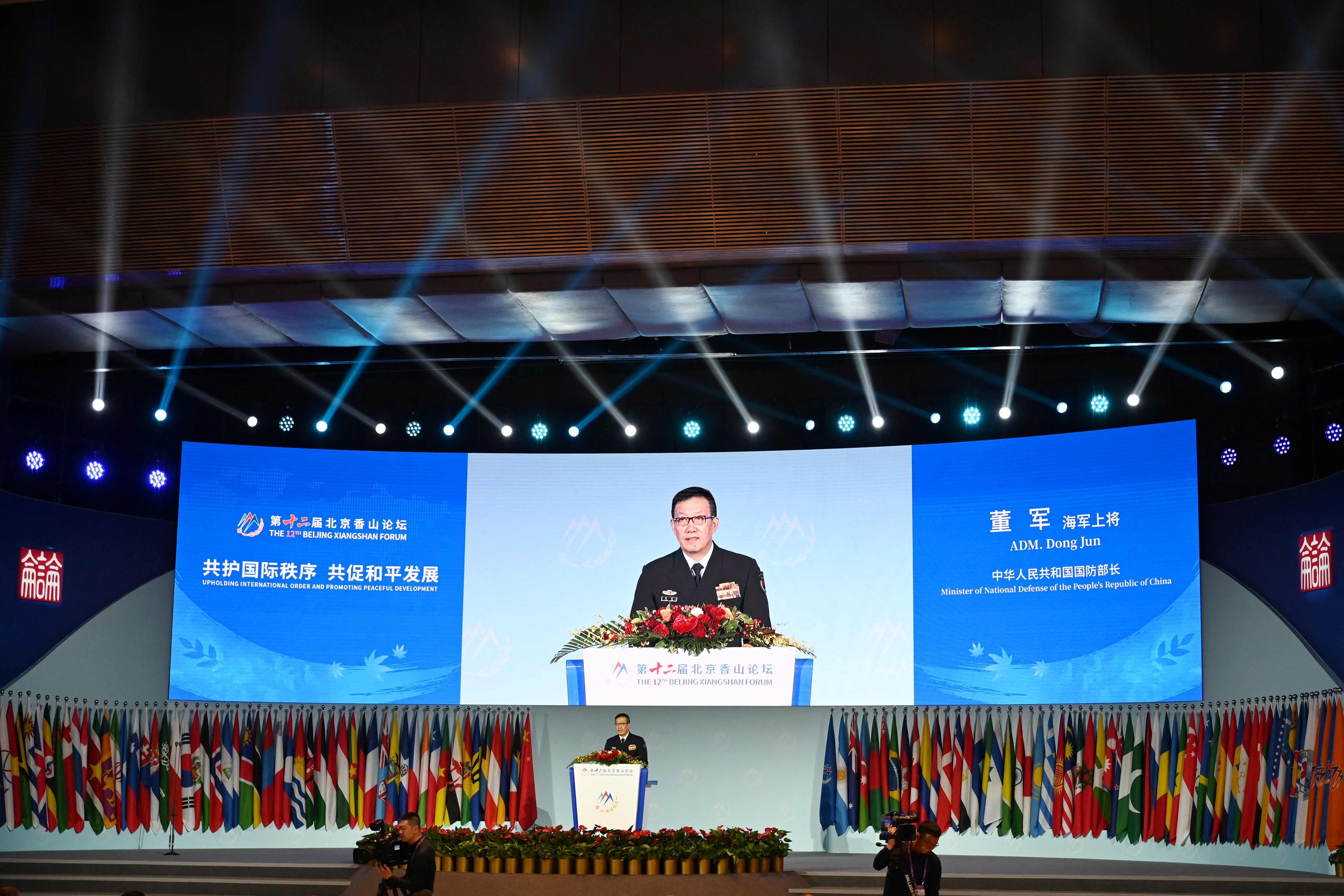
S’pore must never be a mouthpiece for other countries: Chan Chun Sing
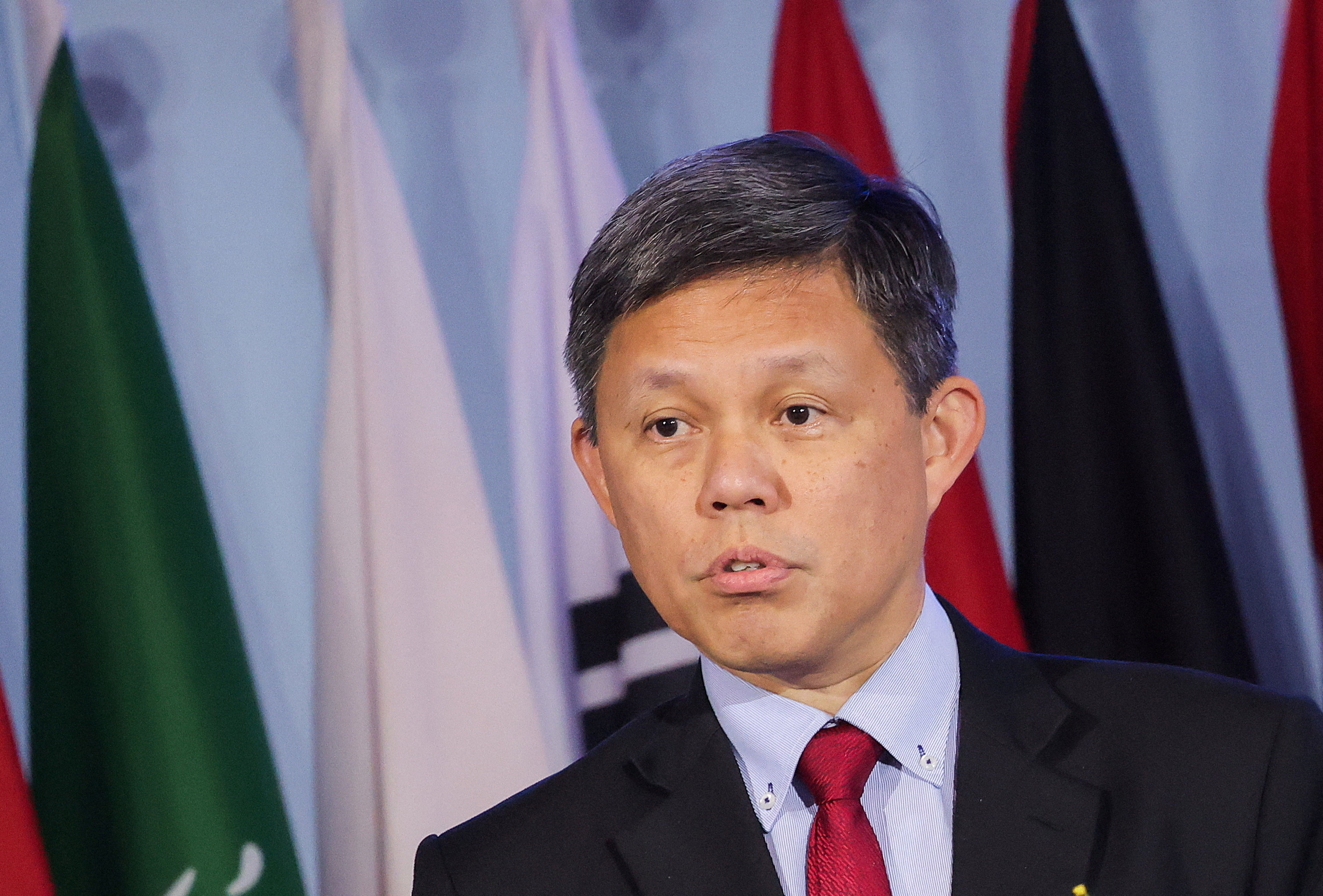
Pacific policing becomes new front in China-West rivalry
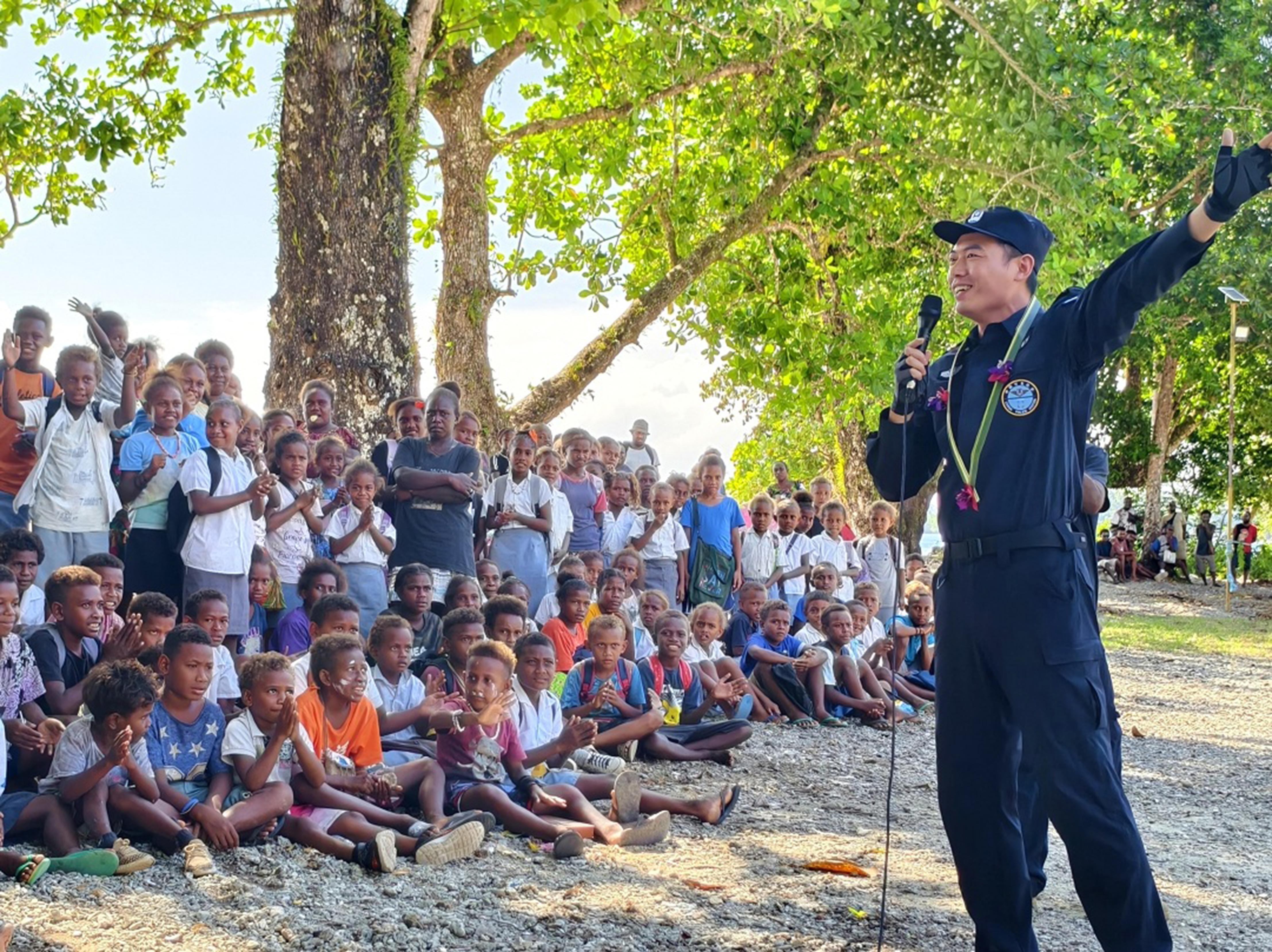
Prabowo’s billion-dollar stimulus soothes Indonesians after unrest
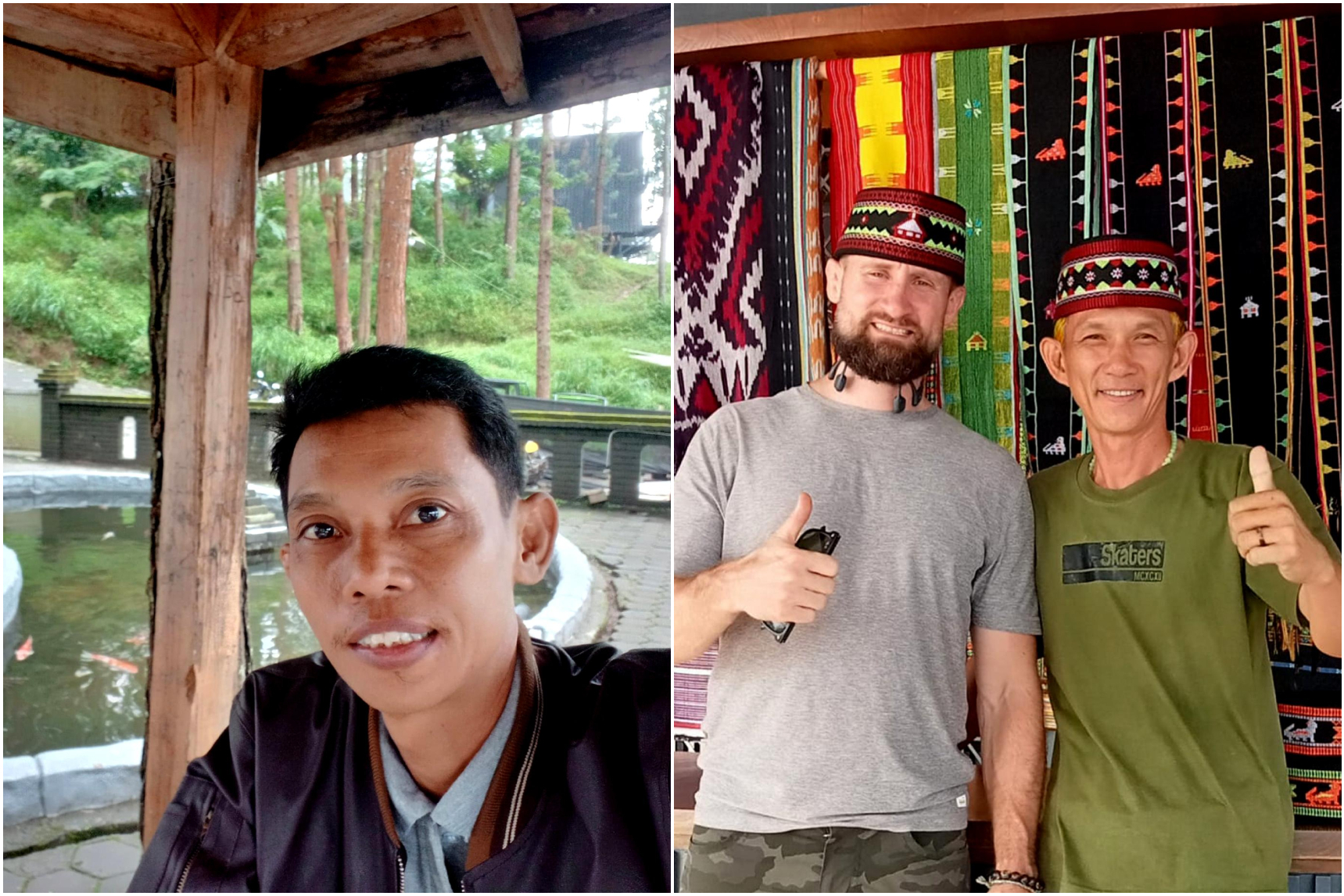
S’pore firms see growing opportunities in India’s semiconductor sector
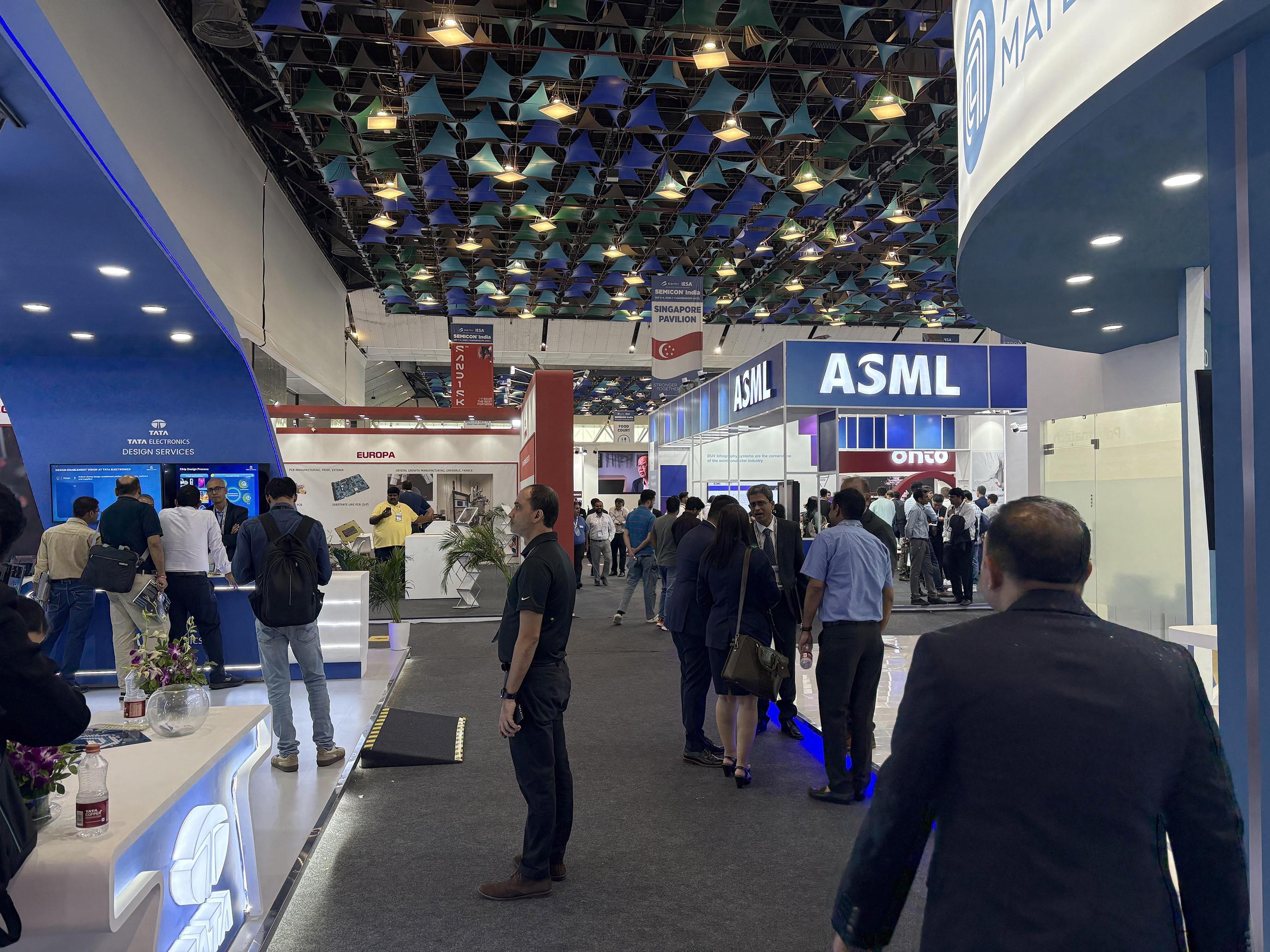
Asia’s first digital battlefield: When the screen became the street in Nepal
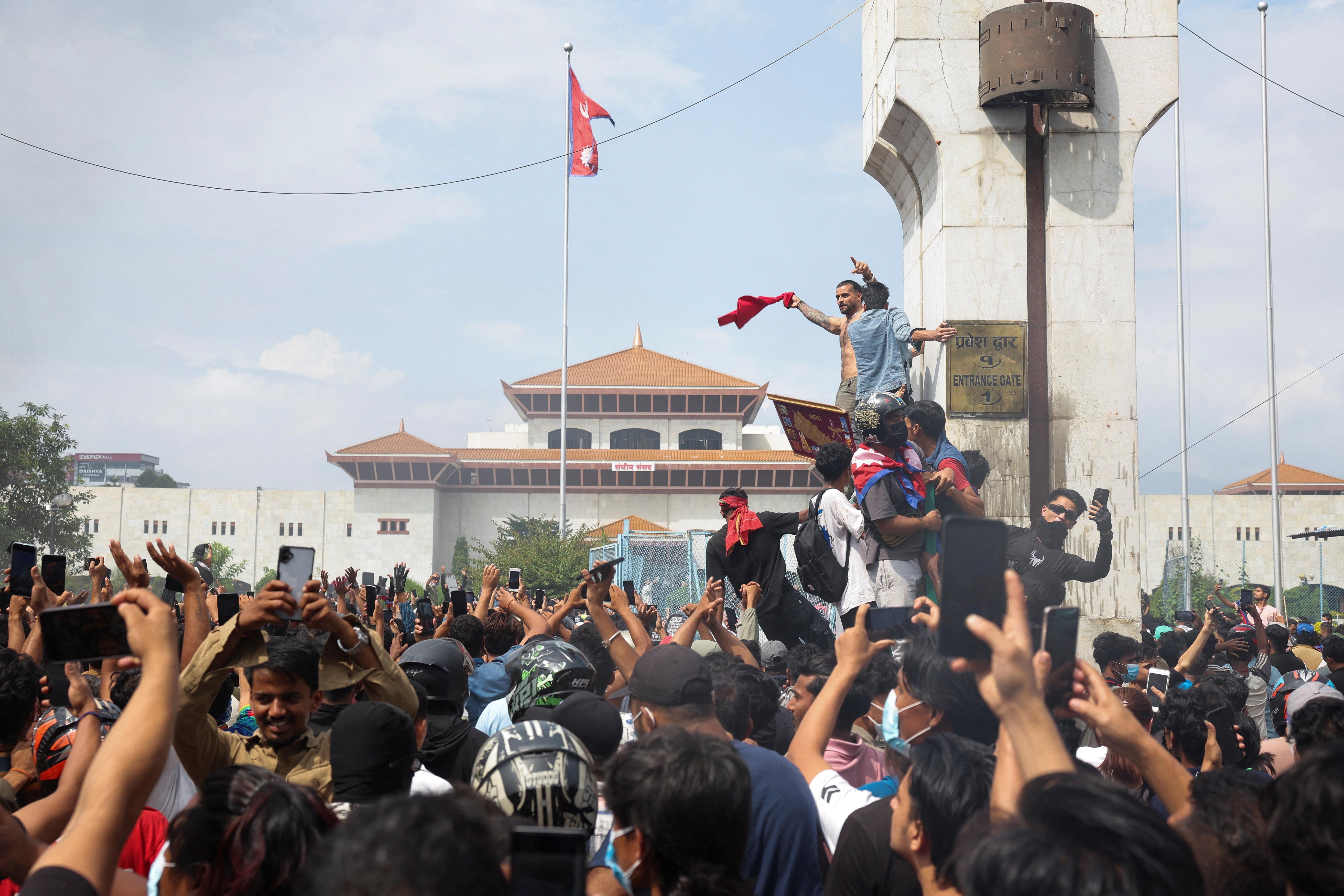
A soldier’s last battle: At 95, he yearns for North Korea but grieves leaving family behind
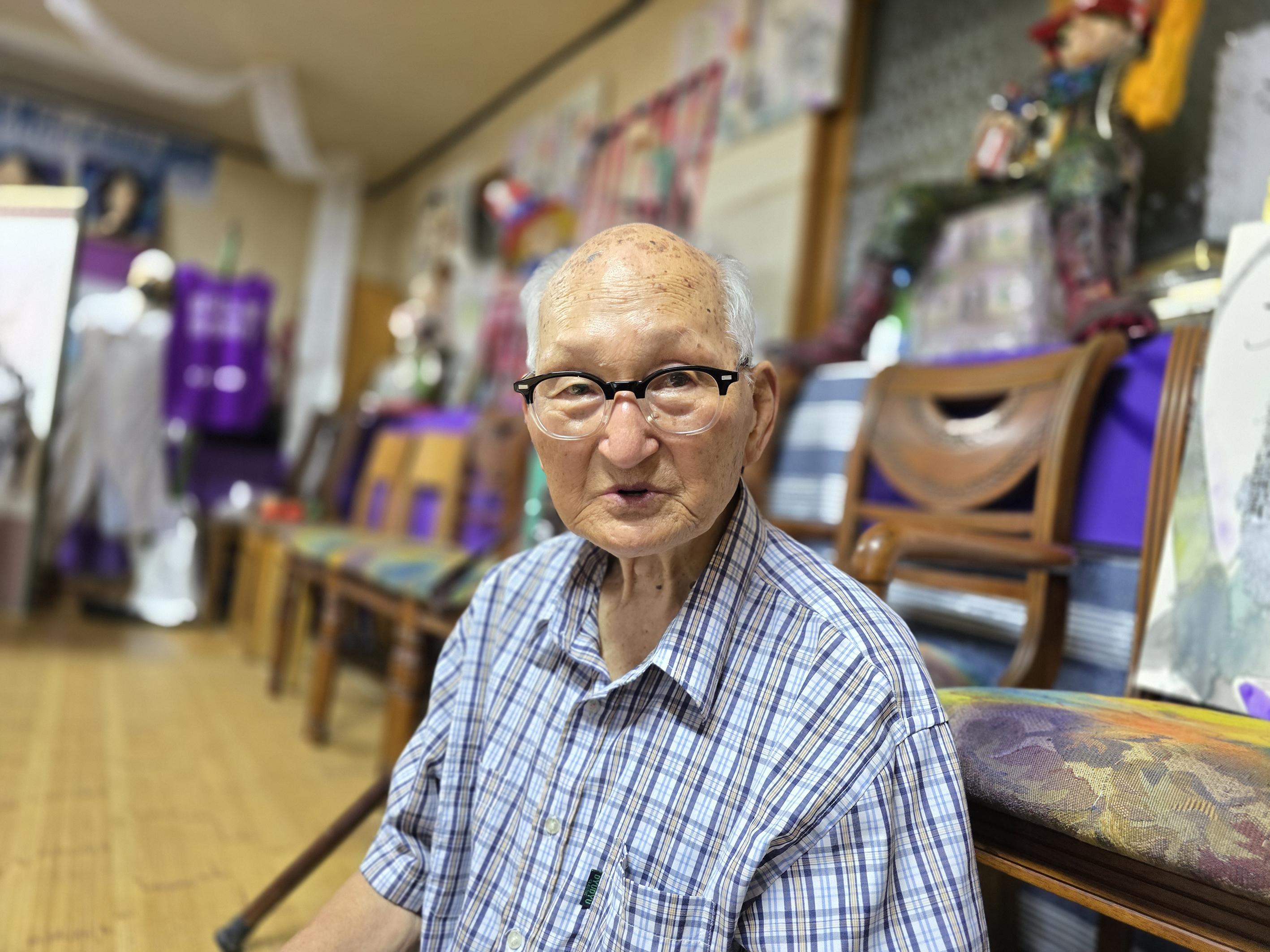
Demystifying Canberra: A ‘much maligned’ city of kangaroos, cockatoos and 561 traffic roundabouts
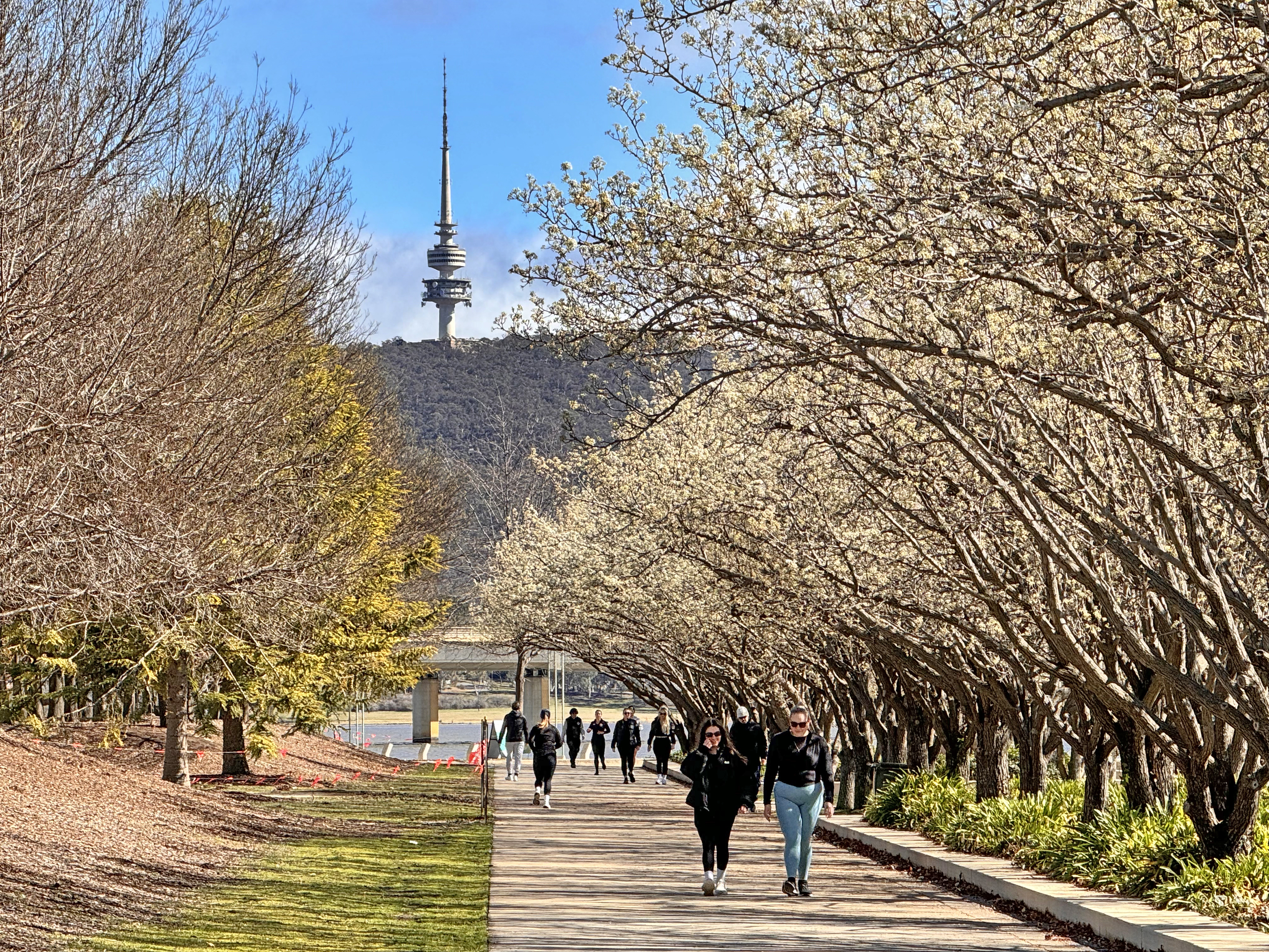
If you received this newsletter from someone, sign up here to get it delivered to your inbox weekly!
If you have any feedback, please drop us an e-mail at st-newsletters@sph.com.sg
